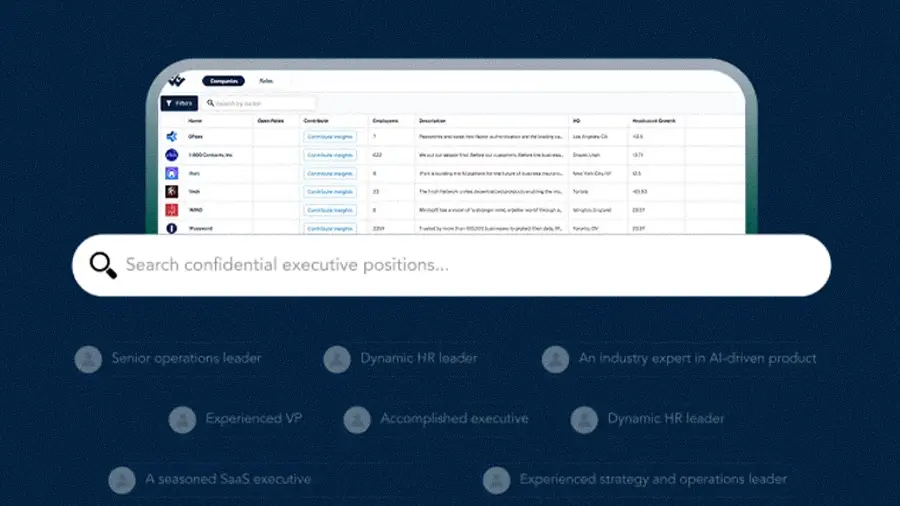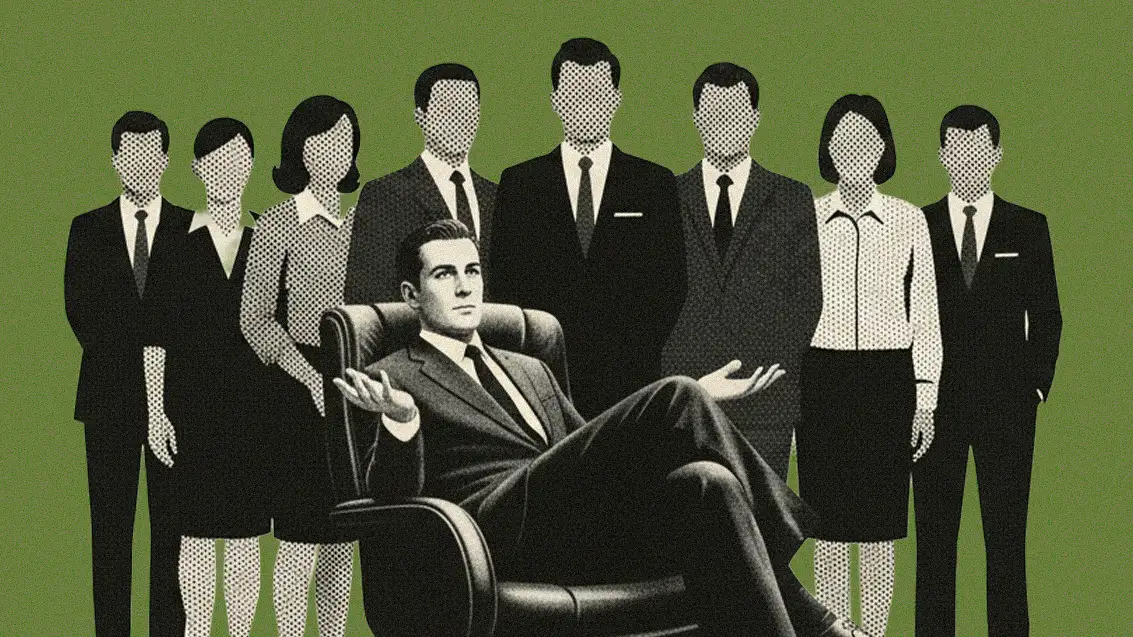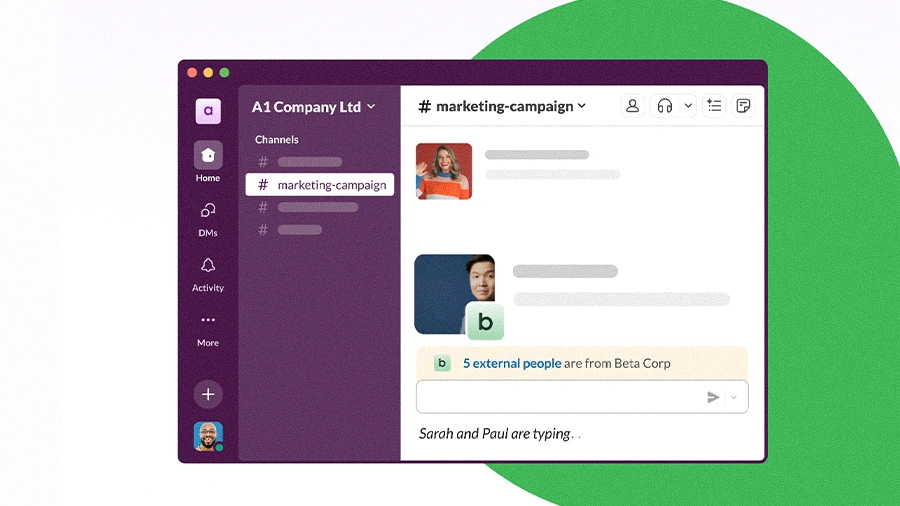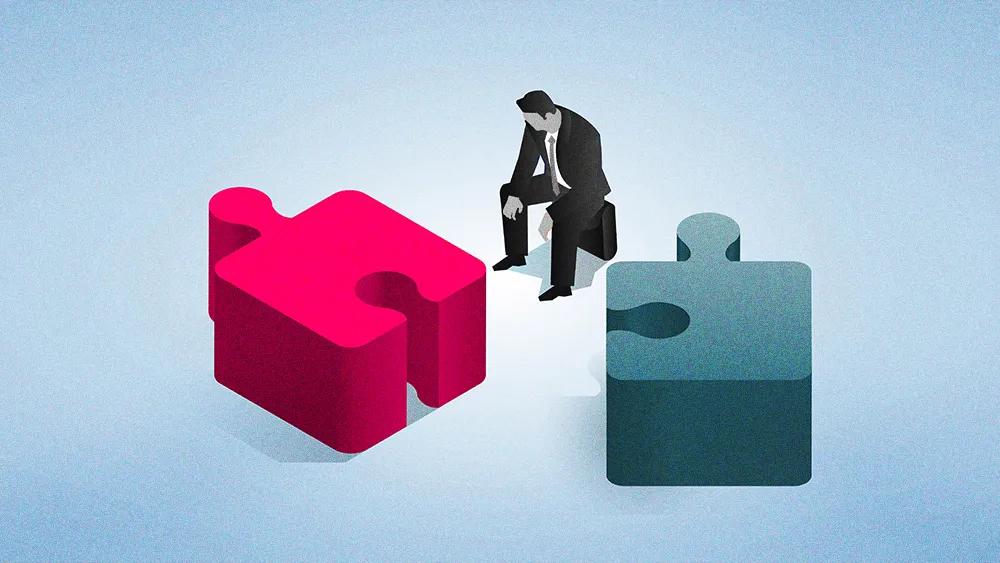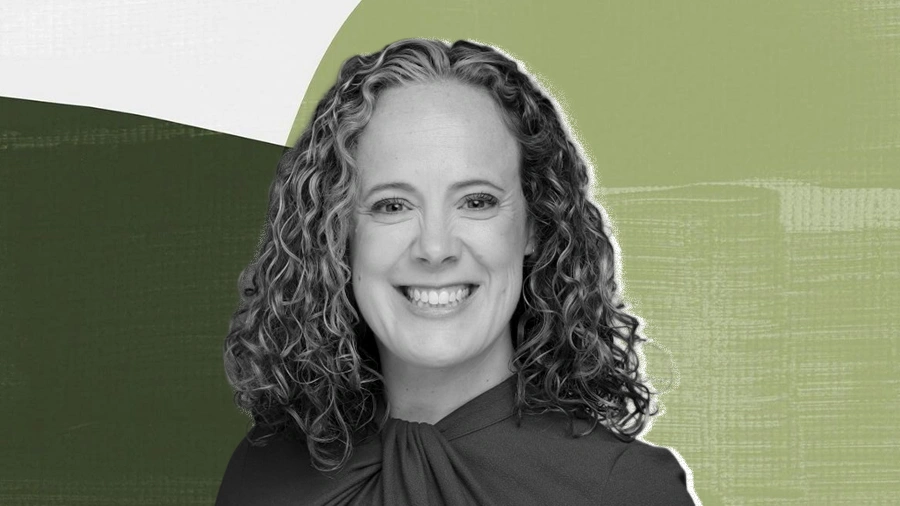HR 3.0 emerges to combat dwindling employee engagement and prioritize ‘human success’
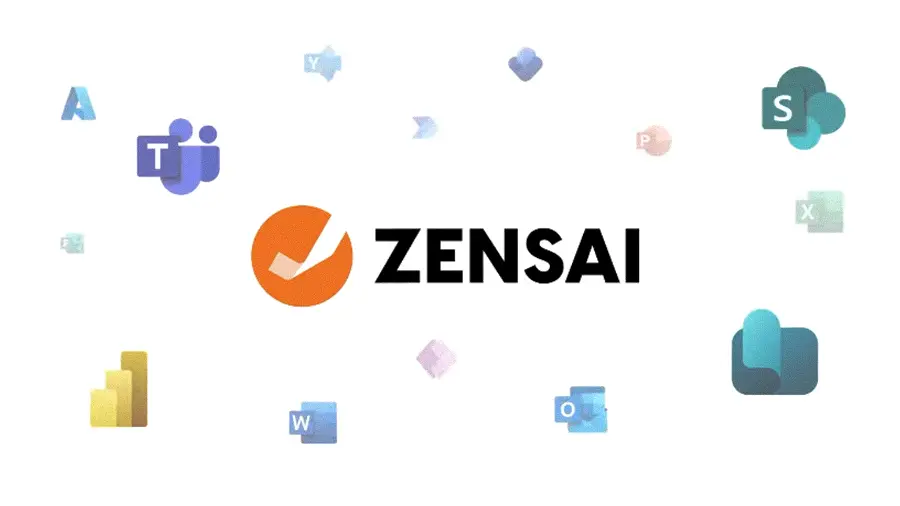
Key Points
The long-standing models of HR, from administrative compliance (HR 1.0) to perk-based culture (HR 2.0), failed to address widespread employee disengagement.
Robin Daniels, Chief Business Officer at Zensai, explains that a new era called “HR 3.0” or “Human Success” is emerging to focus on daily employee empowerment.
AI is the engine behind this shift, designed not to replace workers but to enhance their skills and make managers more effective coaches.
As technology accelerates, soft skills and genuine human connection have become more critical than ever.
Human Success is about empowering people to be as successful as possible every day, with the skills, motivation, knowledge, and support they need to become the best version of themselves.

Robin Daniels
Chief Business Officer
Zensai
The modern workplace is in a quiet crisis: nearly 80% of employees feel disengaged, miserable, and ready to quit. Leaders have tried to patch over the problem with surface-level perks, but no amount of kombucha taps or foosball tables can fix the underlying apathy. Now a new wave of HR is emerging, focusing on human success and using technology to fuel growth, purpose, and fulfillment.
We spoke with Robin Daniels, the Chief Business Officer at human success platform Zensai. With a career forged in the executive ranks of high-growth giants like Salesforce, WeWork, LinkedIn, and Box, Daniels has had a front-row seat to the evolution of work. He believes we’re at the beginning of a new chapter in how companies think about work and the role of HR.
The old way was about managing people as resources. While essential, it failed to address the human need for purpose and growth. “HR 1.0 was about making sure people got paid, took their vacation, and stayed compliant with legal policies,” Daniels explained. “But that’s not enough to inspire people to do the best work of their lives every day.”
A race for perks: The recognition of that gap gave rise to HR 2.0, an era defined by a focus on “people and culture” which often translated into a superficial race for perks. “Companies wanted to create better employee environments, so they started making offices like playgrounds,” explained Daniels.
The root of the problem: While he acknowledged that office slides and pizza nights were effective in enhancing company culture, Daniels argued that they did not address the source of the problem. “Great office perks are not enough to address the underlying issues. The root cause is that people don’t feel like they’re growing, learning, or developing. Feeling supported moving into the future is what really inspires them.”
The true issue, Daniels argued, is that employees feel stagnant. The solution lies in what he calls HR 3.0, or “Human Success,” a framework for empowering individuals daily. “Human Success is about empowering people to be as successful as possible every day, with the skills, motivation, knowledge, and support they need to become the best version of themselves.”
Coaching the coaches: AI is the engine to make that happen. Instead of replacing people, Daniels described it as a tool for enhancing human qualities and closing critical skill gaps—especially in management. “A lot of first-time managers don’t know what to do or say. They’re promoted because they performed well, but they never got the training to be great leaders. AI can help by giving them guidance to become more effective and more human.”
The new skills hierarchy: It’s a vision that directly confronts the widespread skepticism surrounding AI. Daniels acknowledged the fear but offered a clear framework for navigating the future: differentiate between the skills technology can replicate and those it cannot. “For anything to do with hard skills, AI is coming for your lunch. But for soft skills, it has a long way to go. It can’t understand humans deeply, read emotions, or sit with a team to process bad news. I encourage anyone thinking about this to focus on improving their soft skills.” This focus on human capabilities represents a new mandate for AI upskilling across the enterprise.
Ultimately, Daniels predicts that as technology accelerates, the need for genuine connection will only grow stronger. The future of work isn’t about choosing between humanity and technology, but about using one to amplify the other. “The world is moving so fast with AI, and people are craving human touch, insight, and connection,” he reflected. “I hope we strengthen that as AI advances, because it will become more important than ever.”
A lot of first-time managers don’t know what to do or say. They’re promoted because they performed well, but they never got the training to be great leaders. AI can help by giving them guidance to become more effective and more human.

Robin Daniels
Chief Business Officer
Zensai
A lot of first-time managers don’t know what to do or say. They’re promoted because they performed well, but they never got the training to be great leaders. AI can help by giving them guidance to become more effective and more human.

Robin Daniels
Chief Business Officer
Zensai
Related articles
TL;DR
The long-standing models of HR, from administrative compliance (HR 1.0) to perk-based culture (HR 2.0), failed to address widespread employee disengagement.
Robin Daniels, Chief Business Officer at Zensai, explains that a new era called “HR 3.0” or “Human Success” is emerging to focus on daily employee empowerment.
AI is the engine behind this shift, designed not to replace workers but to enhance their skills and make managers more effective coaches.
As technology accelerates, soft skills and genuine human connection have become more critical than ever.

Robin Daniels
Zensai
Chief Business Officer

Chief Business Officer
The modern workplace is in a quiet crisis: nearly 80% of employees feel disengaged, miserable, and ready to quit. Leaders have tried to patch over the problem with surface-level perks, but no amount of kombucha taps or foosball tables can fix the underlying apathy. Now a new wave of HR is emerging, focusing on human success and using technology to fuel growth, purpose, and fulfillment.
We spoke with Robin Daniels, the Chief Business Officer at human success platform Zensai. With a career forged in the executive ranks of high-growth giants like Salesforce, WeWork, LinkedIn, and Box, Daniels has had a front-row seat to the evolution of work. He believes we’re at the beginning of a new chapter in how companies think about work and the role of HR.
The old way was about managing people as resources. While essential, it failed to address the human need for purpose and growth. “HR 1.0 was about making sure people got paid, took their vacation, and stayed compliant with legal policies,” Daniels explained. “But that’s not enough to inspire people to do the best work of their lives every day.”
A race for perks: The recognition of that gap gave rise to HR 2.0, an era defined by a focus on “people and culture” which often translated into a superficial race for perks. “Companies wanted to create better employee environments, so they started making offices like playgrounds,” explained Daniels.
The root of the problem: While he acknowledged that office slides and pizza nights were effective in enhancing company culture, Daniels argued that they did not address the source of the problem. “Great office perks are not enough to address the underlying issues. The root cause is that people don’t feel like they’re growing, learning, or developing. Feeling supported moving into the future is what really inspires them.”

Robin Daniels
Zensai
Chief Business Officer

Chief Business Officer
The true issue, Daniels argued, is that employees feel stagnant. The solution lies in what he calls HR 3.0, or “Human Success,” a framework for empowering individuals daily. “Human Success is about empowering people to be as successful as possible every day, with the skills, motivation, knowledge, and support they need to become the best version of themselves.”
Coaching the coaches: AI is the engine to make that happen. Instead of replacing people, Daniels described it as a tool for enhancing human qualities and closing critical skill gaps—especially in management. “A lot of first-time managers don’t know what to do or say. They’re promoted because they performed well, but they never got the training to be great leaders. AI can help by giving them guidance to become more effective and more human.”
The new skills hierarchy: It’s a vision that directly confronts the widespread skepticism surrounding AI. Daniels acknowledged the fear but offered a clear framework for navigating the future: differentiate between the skills technology can replicate and those it cannot. “For anything to do with hard skills, AI is coming for your lunch. But for soft skills, it has a long way to go. It can’t understand humans deeply, read emotions, or sit with a team to process bad news. I encourage anyone thinking about this to focus on improving their soft skills.” This focus on human capabilities represents a new mandate for AI upskilling across the enterprise.
Ultimately, Daniels predicts that as technology accelerates, the need for genuine connection will only grow stronger. The future of work isn’t about choosing between humanity and technology, but about using one to amplify the other. “The world is moving so fast with AI, and people are craving human touch, insight, and connection,” he reflected. “I hope we strengthen that as AI advances, because it will become more important than ever.”
